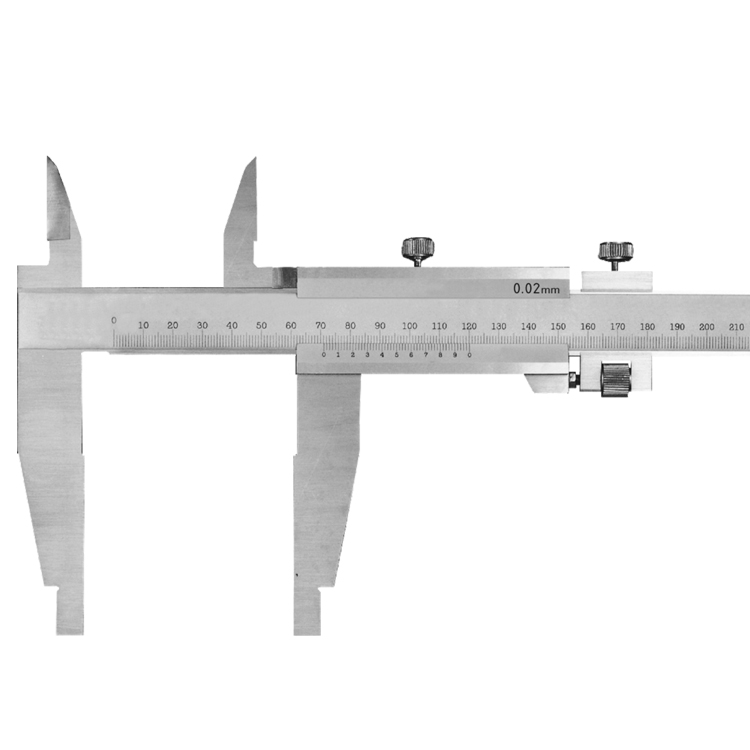carbide tipped tool bit Factory
Finding a reliable carbide tipped tool bit factory is crucial for businesses requiring high-quality cutting tools. This guide explores the key factors to consider when selecting a manufacturer, including their capabilities, materials used, and quality control processes, helping you make an informed decision for your specific machining applications.
Understanding Carbide Tipped Tool Bits
What are Carbide Tipped Tool Bits?
Carbide tipped tool bits are cutting tools that feature a carbide insert brazed or mechanically fastened to a steel shank. Carbide, a composite material of tungsten carbide and cobalt, provides exceptional hardness, wear resistance, and heat resistance, making it ideal for machining tough materials like steel, cast iron, and non-ferrous metals. The steel shank provides the necessary strength and rigidity to support the carbide tip.
Advantages of Using Carbide Tipped Tool Bits
Compared to high-speed steel (HSS) tool bits, carbide tipped tool bits offer several advantages:
- Increased Cutting Speed: Carbide can withstand higher cutting speeds, leading to faster machining times.
- Extended Tool Life: Carbide's superior wear resistance results in longer tool life and reduced tool replacement costs.
- Improved Surface Finish: Carbide's hardness allows for smoother cuts and improved surface finish on the workpiece.
- Machining Harder Materials: Carbide can effectively machine harder materials that HSS tools struggle with.
Types of Carbide Tipped Tool Bits
Carbide tipped tool bits are available in various shapes and sizes to suit different machining operations. Common types include:
- Turning Tools: Used for turning, facing, and threading on lathes.
- Boring Tools: Used for enlarging existing holes or creating internal threads.
- Facing Tools: Used for creating flat surfaces on the end of a workpiece.
- Threading Tools: Used for cutting threads on external or internal surfaces.
- Parting Tools: Used for cutting off a workpiece from the stock material.
Key Considerations When Choosing a Carbide Tipped Tool Bit Factory
Manufacturing Capabilities and Expertise
A reputable carbide tipped tool bit factory should possess the necessary equipment and expertise to produce high-quality tools consistently. Look for factories with:
- CNC Machining Centers: For precise shaping and grinding of carbide inserts and steel shanks.
- Brazing Equipment: For securely joining carbide tips to steel shanks.
- Grinding Machines: For achieving the desired cutting edge geometry and surface finish.
- Experienced Engineers and Technicians: With expertise in tool design, manufacturing processes, and quality control.
Material Quality and Sourcing
The quality of the carbide and steel used in carbide tipped tool bits significantly impacts their performance and longevity. Ensure the carbide tipped tool bit factory uses:
- High-Quality Carbide Grades: Different carbide grades offer varying levels of hardness, wear resistance, and toughness. The factory should be able to recommend the appropriate grade for your specific application. Common grades include C2, C6, and P10.
- Quality Steel Shanks: The steel shank should be made from high-strength steel to withstand cutting forces and prevent breakage.
- Traceability: The factory should have a system in place to track the origin and quality of all materials used in their products.
Wayleading Tools prioritizes sourcing materials from reputable suppliers to ensure consistent quality and performance in all our carbide tipped tool bits. Learn more about our quality standards on www.wayleading.com.
Quality Control and Testing
A robust quality control system is essential to ensure that carbide tipped tool bits meet the required specifications and performance standards. Look for a factory that employs:
- Incoming Material Inspection: Verifying the quality and properties of raw materials before production.
- In-Process Inspection: Monitoring critical dimensions and characteristics during manufacturing.
- Final Inspection: Examining finished tools for defects and ensuring they meet all specifications.
- Testing Procedures: Conducting performance tests to evaluate tool life, cutting ability, and wear resistance.
Below is an example of common testing procedures, as outlined by ISO standards:
| Test Type | Description | Relevant Standard |
|---|---|---|
| Hardness Testing | Measures the resistance of the carbide tip to indentation. Common methods include Rockwell and Vickers hardness tests. | ISO 3878, ASTM E18 |
| Transverse Rupture Strength (TRS) | Determines the bending strength of the carbide material, indicating its resistance to fracture. | ISO 3327, ASTM B528 |
| Microstructural Analysis | Examines the grain size, porosity, and phase distribution of the carbide material using microscopy techniques. | ISO 4499-6 |
| Wear Resistance Testing | Evaluates the tool's ability to withstand wear and abrasion during machining operations. | Specific to application; often involves custom testing setups. |
Customization Options and Design Support
Some machining applications require custom carbide tipped tool bits tailored to specific needs. Look for a carbide tipped tool bit factory that offers:
- Custom Tool Design: The ability to design tools based on your specific requirements, including geometry, dimensions, and carbide grade.
- Rapid Prototyping: Creating prototypes to test and refine tool designs before mass production.
- Technical Support: Providing technical assistance and guidance on tool selection and application.
Pricing and Lead Times
Pricing and lead times are important factors to consider when choosing a carbide tipped tool bit factory. Obtain quotes from multiple factories and compare their prices, lead times, and minimum order quantities. Remember to consider the overall value, including quality, performance, and reliability, rather than just the lowest price.
Communication and Customer Service
Effective communication and responsive customer service are essential for a successful partnership. Choose a carbide tipped tool bit factory that is:
- Responsive to Inquiries: Promptly responds to your inquiries and provides clear and concise information.
- Proactive Communication: Keeps you informed about the status of your orders and any potential delays.
- Willing to Address Concerns: Addresses any concerns or issues promptly and effectively.
Finding and Evaluating Potential Factories
Online Research
Start your search for a carbide tipped tool bit factory by conducting online research. Use search engines like Google, Bing, and specialized B2B platforms like Alibaba and IndustryNet to find potential suppliers. Use specific search terms such as “carbide tipped tool bit factory China”, “custom carbide tipped tool bits manufacturer” and other relevant phrases to narrow your search. Visit the websites of potential factories to learn more about their capabilities, products, and customer service.
Trade Shows and Industry Events
Attending trade shows and industry events related to machining and manufacturing is a great way to meet potential carbide tipped tool bit factories in person. Trade shows provide an opportunity to see their products firsthand, ask questions, and discuss your specific needs.
Requesting Quotes and Samples
Once you have identified a few potential factories, request quotes and samples. Provide detailed specifications for the tools you need, including dimensions, carbide grade, and application. Evaluating samples will allow you to assess the quality and performance of the tools before placing a large order.
Factory Visits and Audits
If possible, consider visiting the carbide tipped tool bit factory to assess their capabilities and quality control processes firsthand. A factory visit allows you to see their equipment, meet their staff, and evaluate their overall operation. You may also consider conducting a factory audit to ensure they meet your quality and ethical standards.
Conclusion
Choosing the right carbide tipped tool bit factory is a critical decision that can significantly impact the efficiency and profitability of your machining operations. By carefully considering the factors outlined in this guide, you can find a reliable partner that provides high-quality tools, competitive pricing, and excellent customer service. Remember to prioritize quality, communication, and customization options to ensure a successful and long-term relationship.
Related products
Related products
Best selling products
Best selling products-
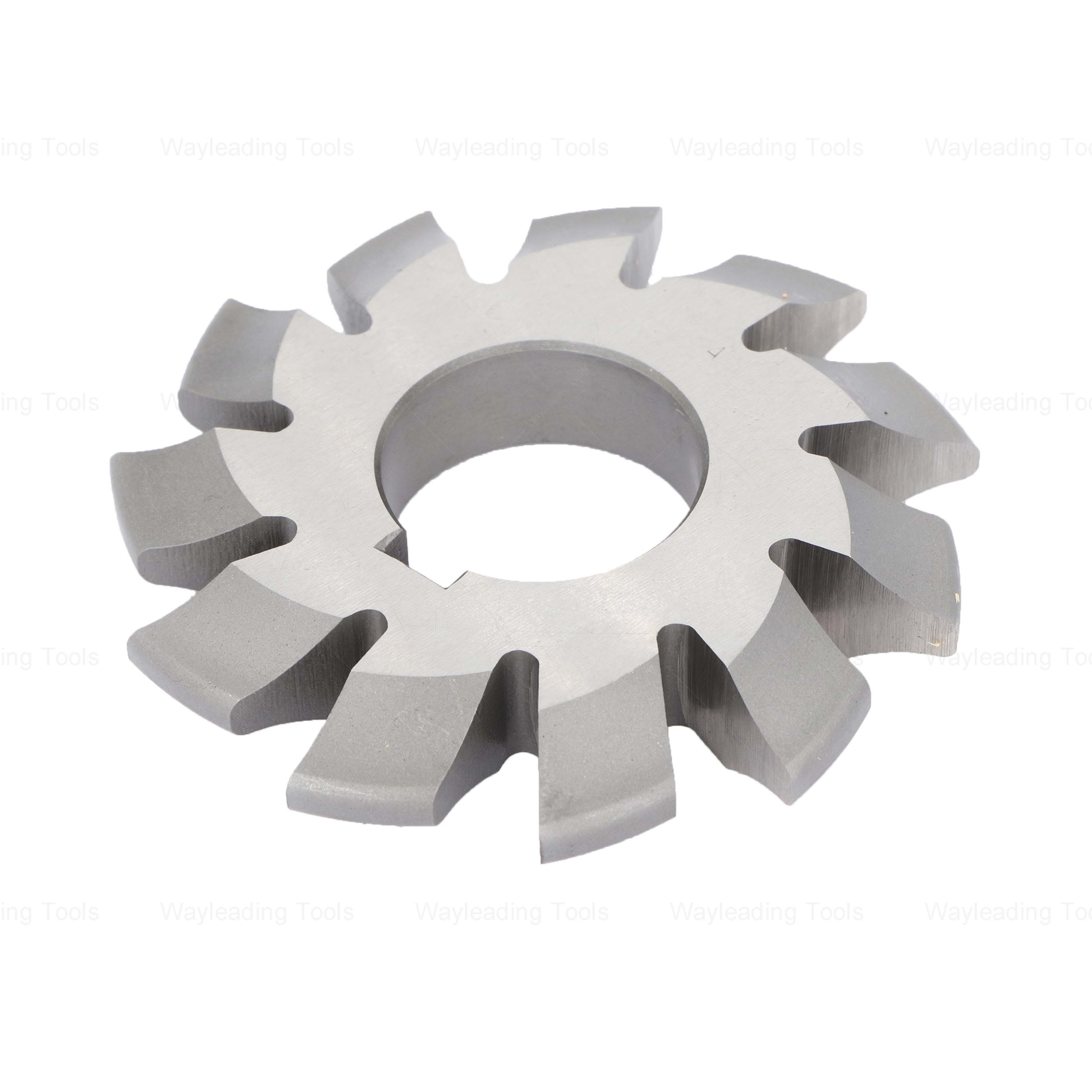 HSS Involute Gear Cutters – Module Type, PA 20° / 14.5°
HSS Involute Gear Cutters – Module Type, PA 20° / 14.5° -
 Precision Outside Micrometer Of Inch & Metric With Rachet Stop
Precision Outside Micrometer Of Inch & Metric With Rachet Stop -
 HSS Shell End Mill Cutter With Bright & TiN Or TiAlN Coated
HSS Shell End Mill Cutter With Bright & TiN Or TiAlN Coated -
 Straight Shank ER Collet Chuck Holders With Extending Rod
Straight Shank ER Collet Chuck Holders With Extending Rod -
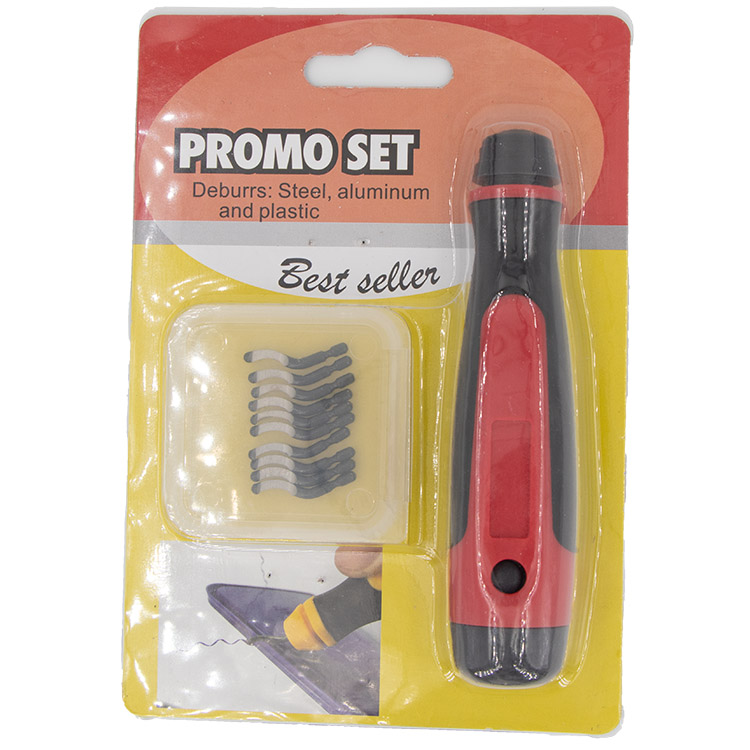 Type B Light Duty Deburring Tool Set With Deburring Holder And Deburring Blade
Type B Light Duty Deburring Tool Set With Deburring Holder And Deburring Blade -
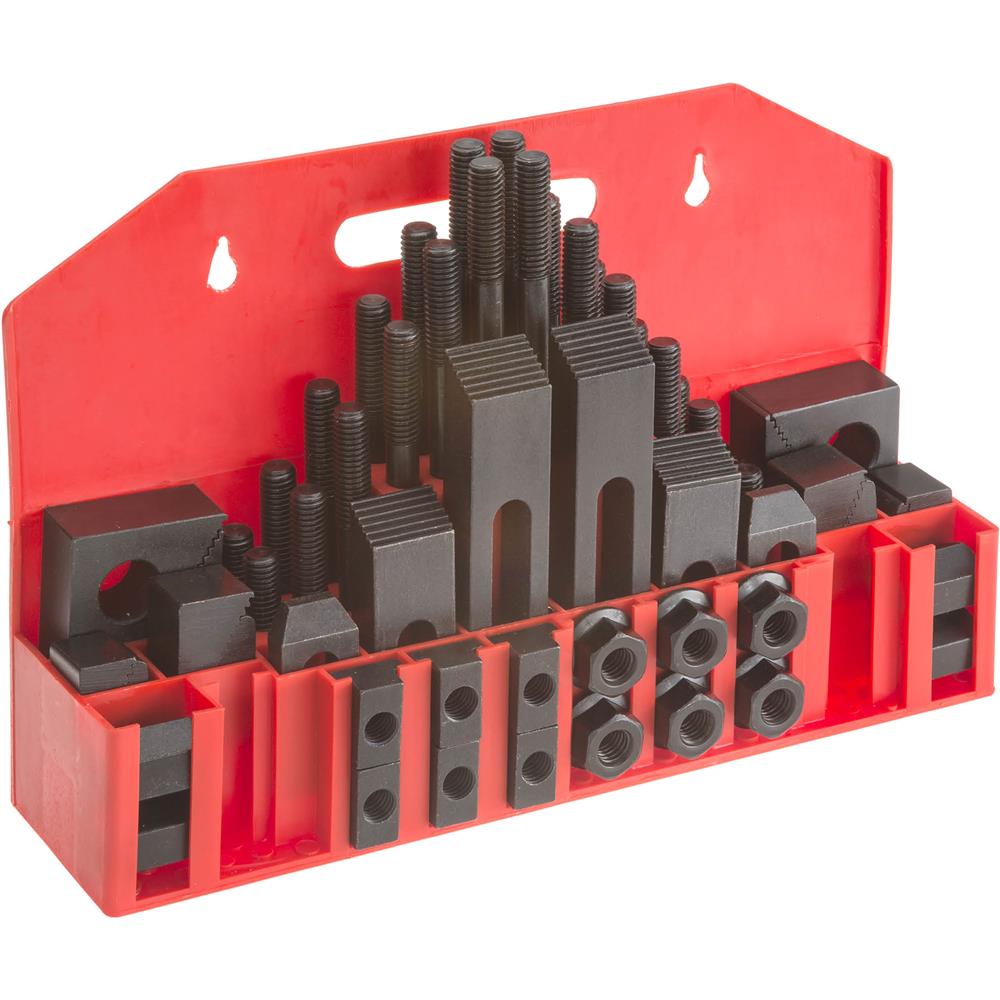 58pcs Clamping Kit With Metric & Inch Size
58pcs Clamping Kit With Metric & Inch Size -
 5C Hex Collet With Inch and Metric Size
5C Hex Collet With Inch and Metric Size -
 CNMG & CNMM Turning Insert For Indexable Turning Tool Holder
CNMG & CNMM Turning Insert For Indexable Turning Tool Holder -
 Precision Digital Bore Guage From 6-450mm Range
Precision Digital Bore Guage From 6-450mm Range -
 Type K-90 Degree Cone Tungsten Carbide Rotary Burr
Type K-90 Degree Cone Tungsten Carbide Rotary Burr -
 Stub Milling Machine Arbor With NT, R8 and MT Shank
Stub Milling Machine Arbor With NT, R8 and MT Shank -
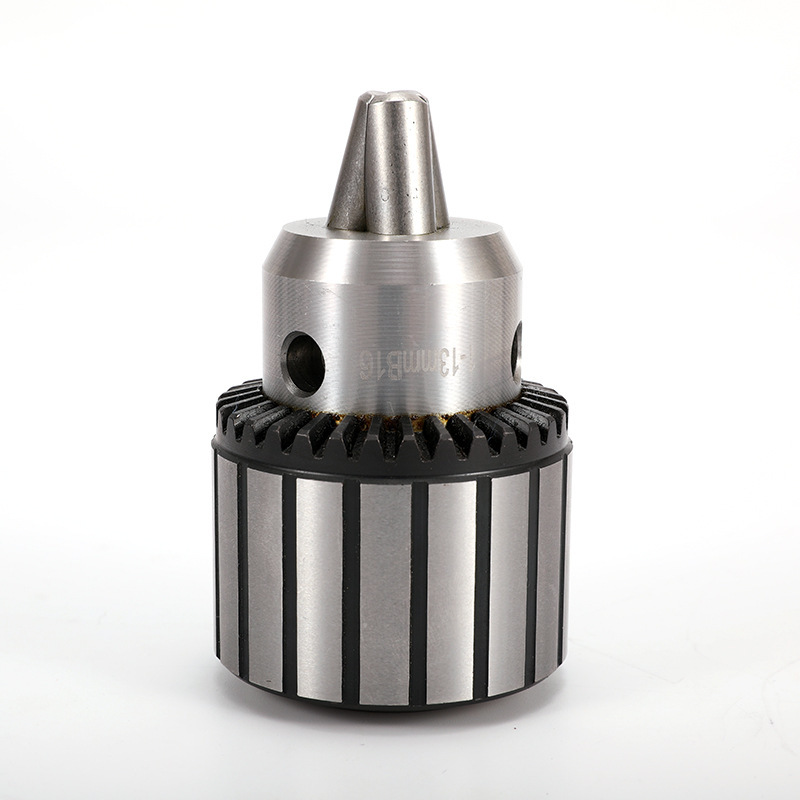 Key Type Drill Chuck With Heavy Duty Type
Key Type Drill Chuck With Heavy Duty Type
Related search
Related search- High-Quality SVVCN turning tool holder
- metric size trapeze TR threading insert Factories
- Wholesale Deburring Tool
- hss lathe tools Factories
- High-Quality thread milling insert
- PCRN turning tool holder Factories
- R8 collet Supplier
- american taper pipe full profile threading insert Factories
- pipe tap Factory
- morse taper extension sleeve Factory


